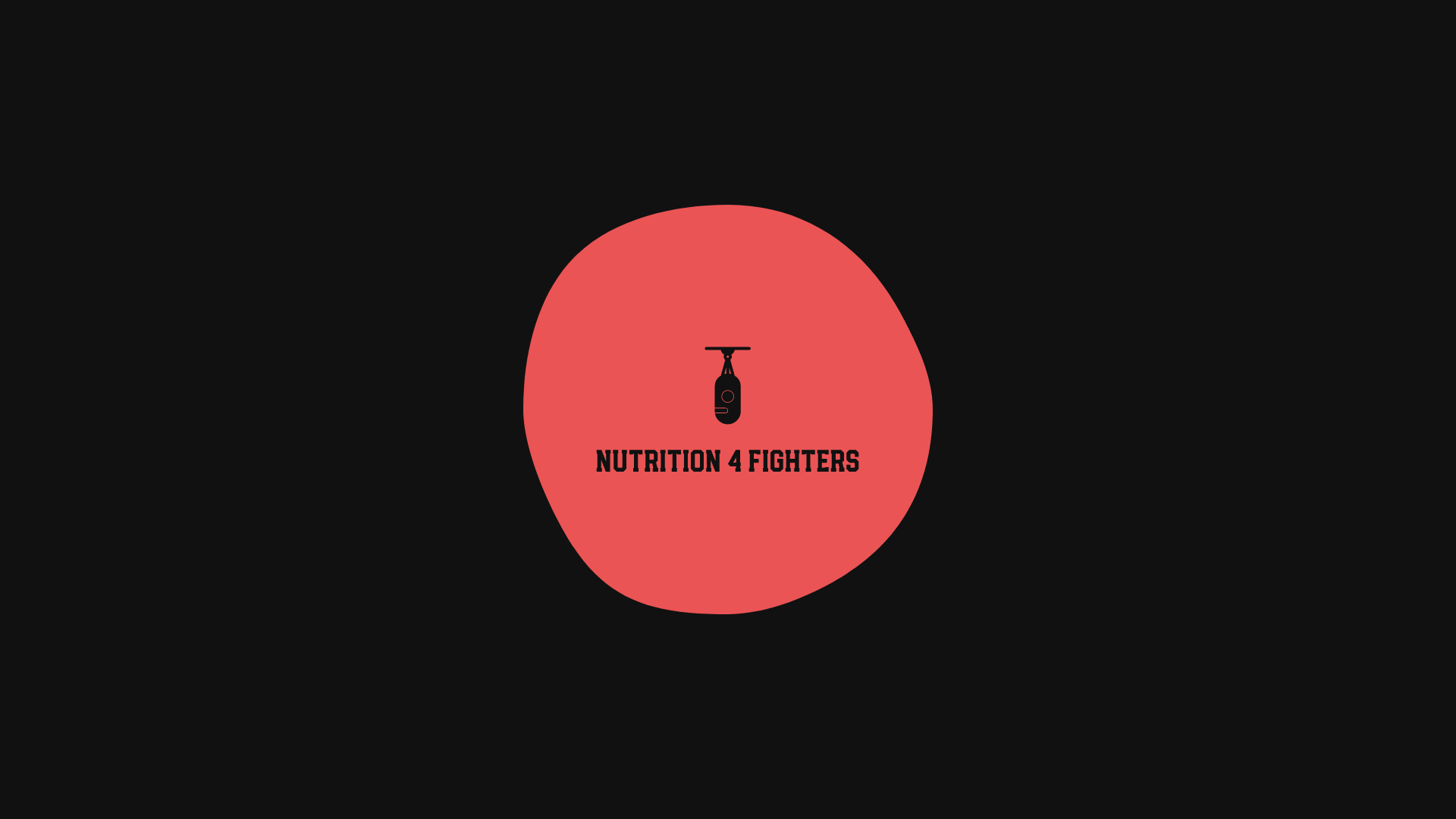Welcome back to the vitamin breakdown series! In these short posts, the plan is to work our way through the vitamin alphabet, breaking down why you need what in your diet, and where you can get it. Today’s post is the start of the B vitamins, with vitamin B 1 coming up for closer inspection.
B – vitamins
Initially lets explore what B vitamins are, prior to breaking down B 1. B vitamins are a class of water-soluble vitamins . Water-soluble vitamins (as oppose to fat-soluble vitamins) are not stored in the body. The body absorbs what it needs and then it usually excretes the excess in your urine.
Due to the fact that they cannot be stored, the body needs a continuous supply of water-soluble vitamins through a steady daily intake. This can be through the foods we eat, the supplements we take, or from a combination of both.
The What
B vitamins are a crucial to your body and play an important role in cell metabolism. Cellular metabolism refers to the chemical reactions that occur in cells that capture and release energy in order to sustain life.
Though B vitamins share similar names, research shows that they are chemically distinct vitamins that often coexist in the same foods. In general, dietary supplements containing all eight are referred to as a vitamin B complex. Each B vitamin is either a cofactor (generally a coenzyme) for key metabolic processes, or is a precursor needed to make one, basically meaning they play a supporting role in the body’s repair and growth.
Vitamin B 1
Vitamin B1, also know as thiamine, also known as thiamin, is a vitamin found in food and used as a dietary supplement. As people are unable to make it, thiamine is termed an essential nutrient. This is because it’s needed for all tissues in the body to function properly.
B1 acts as a Coenzyme. The body needs thiamine specifically to make adenosine triphosphate (ATP). This is a molecule that transports energy within cells. The heart also relies on thiamine to function properly.
Thiamine works with other B-group vitamins to help break down and metabolise ,(or basically release what needed from), food, such carbohydrates for energy and amino acids for repair. It also serves to break down alcohol and plays a vital role in the transmission of nerve impulses by keeping nerves healthy.
As a supplement, thiamine is used to treat and prevent thiamine deficiency and the disorders that result from it. A thiamine deficiency can impact many different functions of your body, including those of the nervous system, heart and brain.
The most common deficiency symptoms include:
Chronic fatigue
Gut issues
Muscle wasting
Neurological degeneration
Thiamine also plays a role in healthy liver function and is needed for healthy skin, eyes, hair, and nails. Lack of thiamine can cause confusion in those battling dementia and may help reduce the risk of cataracts by working together with omega-3 and omega-6 fats to improve eye health.
Thankfully deficiency is rare but can be seen in conditions such as alcoholism, Crohn’s disease and anorexia.
Vitamin B1 supplements can help people who have an actual deficiency. Low levels can cause tingling in the fingers and toes, fatigue, poor concentration, memory problems, mental confusion, poor or lack of appetite and balance problems.
There is some evidence that thiamine supplementation might help prevent kidney disease in those with type 2 diabetes, however more research is needed.
Where to get it
The NHS says that the adult recommended daily intake of vitamin B1 is 1mg a day for men and 0.8mg a day for women. As vitamin B1 cannot be stored in the body, it should be provided daily through a varied and balanced healthy diet.
Most people can get all the thiamine they need from food. There are no real risk factors associated with thiamine consumption so in light of their importance to energy production, crack on and stock up!
You can find thiamine in:
– Fresh vegetables, especially Asparagus, Brussel sprouts and Spinach
– Crimini mushrooms
– Legumes such as beans, peas, lentils and peanuts
– Nuts and seeds, especially Sesame and Sunflower Seeds and Pistachios
– Fresh and dried fruit
– Eggs
– Wholegrain breads, rice and fortified breakfast cereals
– Ground flaxseed
– Liver and meat such as pork and poultry
– Fish such as Herring
– Yeast and yeast products
Vitamin B1 supplements usually comes in capsules or tablets. It is usually available in combination with other types of vitamin B or in vitamin B complex supplements as well as multivitamin products.
Be Aware
Certain foods and dietary practices can cancel out the body’s usage of thiamine and lead to deficiency.
These include:
– Drinking lots of coffee or tea, even decaffeinated
– Chewing tea leaves and betel nuts
– Regularly eating raw fish and shellfish
When it comes to cooking, be aware that water-soluble vitamins such as B1 are unlike fat-soluble vitamins.
Water soluble vitamins can be destroyed by heat or by being exposed to the air. They can also be lost in water used for cooking, this means that by cooking foods, especially by boiling them, we lose many of the vitamins. The best way to keep as many of the water-soluble vitamins as possible is to steam or grill foods.
Alrighty, well thanks for sticking through to the end. We’ll continue with the B vitamins in the next post. If you liked the post, please comment and share! Till next time.


